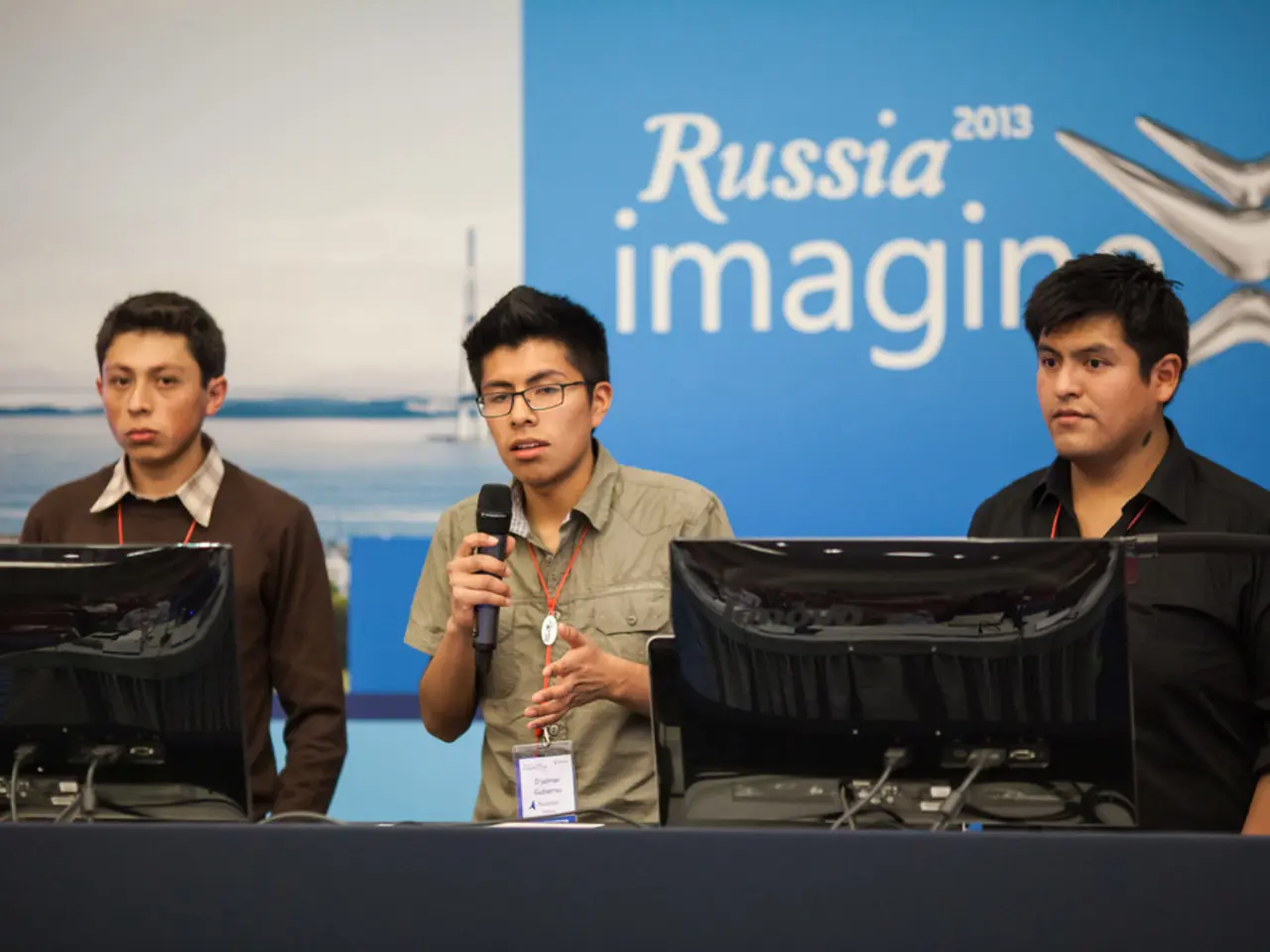Unable to continue.
Russia's business permit process has undergone a significant transformation, focusing on reducing processing time and documentation, while embracing digital formats and proactive issuance mechanisms.
Key developments in this digital reform include the introduction of electronic registration and applications through government mobile apps and unified services portals, enabling the submission of personal data and documents prior to arrival and business initiation [1]. This move aims to reduce in-person bureaucracy and speed up processing.
Moreover, the extension of e-visa validity and stay periods since mid-2025 facilitates longer and simpler business-related visits for foreign nationals, indirectly streamlining business permit processes [3]. The government has also prioritized digitalization of migration and entry processes, which align with simplified permit issuance by reducing reliance on physical documents and border-point verifications [1][3].
The shift to electronic submission, biometric data registration in advance, and integration via digital profiles indicates significant procedural simplification and faster approvals [1][3]. Foreign nationals, including visa-exempt travelers, are now required to register electronically at least 72 hours before arrival, marking a transition to proactive permit and registration issuance [1].
The government has also digitized the entire permit issuance process, from document collection to permit issuance [4]. The composition of necessary permit documents and the list of documents required for their issuance have been optimized [5]. The permit issuance process optimization was supervised by Deputy Prime Minister and Head of the White House apparatus Dmitry Grigorenko [6].
The law introduces changes to 69 federal laws and will require the adoption of more than 250 subordinate acts [7]. The main challenge in utilizing this mechanism is the need for proactive issuance or renewal of permits to those who genuinely require them, while avoiding their indiscriminate distribution [8].
Interdepartmental interaction has been established to prevent the state from repeatedly requesting documents from entrepreneurs and to facilitate internal document exchange [9]. The law allows for the complex issuance of permits, enabling the acquisition of a package of interrelated permits using a single application on "Gosuslugi" [10].
President Vladimir Putin has signed a law (304-FZ dated 31 July 2025) on the simplified format for issuing licenses and permits [11]. A previous article in "Kommersant" on December 26, 2024, discusses the main challenge of avoiding the indiscriminate distribution of permits [8].
While precise details on business permit document reductions or exact timeframes are not explicitly stated in the search results, the described digital reforms and expanded e-visa validity signal an overall trend toward faster, less document-heavy, and more automated business permit issuance workflows in Russia starting in 2025 [1][3].
References: 1. TASS 2. RBC 3. Roscongress 4. Gov.ru 5. Kommersant 6. Gov.ru 7. Gov.ru 8. Kommersant 9. Gov.ru 10. Gov.ru 11. Gov.ru
In this digital reform, the Russian government has implemented electronic registration and applications for businesses, aiming to streamline and automate the permit issuance process [1]. With the extension of e-visa validity and stay periods, foreign businesses can now expect smoother and more extended visits [3]. This transition towards digital formats and proactive issuance mechanisms in finance and business sectors is expected to reduce bureaucracy and expedite the permit process in Russia, starting from mid-2025.




